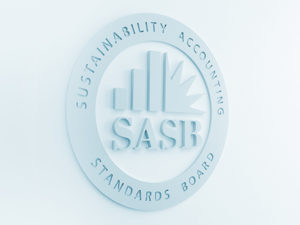
Lynn Xia, Lead Analyst Sector Lead – Food & Beverage
The Sustainability Accounting Standards Board (SASB) announced at its February 25 meeting a research project to evaluate for the tobacco industry whether sustainability issues in the tobacco supply chain are likely to have material impacts on the financial condition, operating performance, or cost of capital of companies in the tobacco industry.
Tobacco cultivation, which takes place in over 125 countries and on over 4 million hectares of land, presents social and environmental externalities. For example, the issue of forced child labour has risen to prominence in the tobacco industry, including through a recent human rights class action lawsuit brought in the UK on behalf of tobacco farmers, which prompted the US government to restrict imports of associated tobacco products. In addition, the agrochemical usage and deforestation involved in tobacco cultivation and curing has lasting ecological impacts, which may prevent land from being used for “economically viable alternatives,” a goal outlined in the WHO Framework Convention on Tobacco Control (WHO FCTC) global treaty.
At present, supply chain activities are not reflected in the SASB Tobacco Industry Standard. In accordance with the core tenets of SASB’s Conceptual Framework, a key principle used to determine the sustainability topics that the standards will address is whether there is consensus among investors and corporate professionals that the topic is reasonably likely to have material financial impacts on companies in the industry. Research and consultation conducted by SASB staff during the development of the provisional standard for the industry in 2015 did not yield sufficient evidence to warrant the inclusion of this topic. However, market feedback received by SASB more recently indicates investor interest in the topic and suggestion from one tobacco manufacturer that supply chain management materially impacts its operations.
Through this research project, SASB staff intends to consult with market participants to affirm investor interest and assess the financial materiality of the topic for companies in the tobacco industry. In addition to formal engagements we will undertake with our Standards Advisory Group (SAG), investors, companies in the industry, and key stakeholders and market participants, SASB welcomes public input and will provide updates as the project progresses.
For the latest information on this and other ongoing projects, see our Current Projects page.
Lead Analyst Lynn Xia leads SASB’s work in the Food & Beverage sector.


